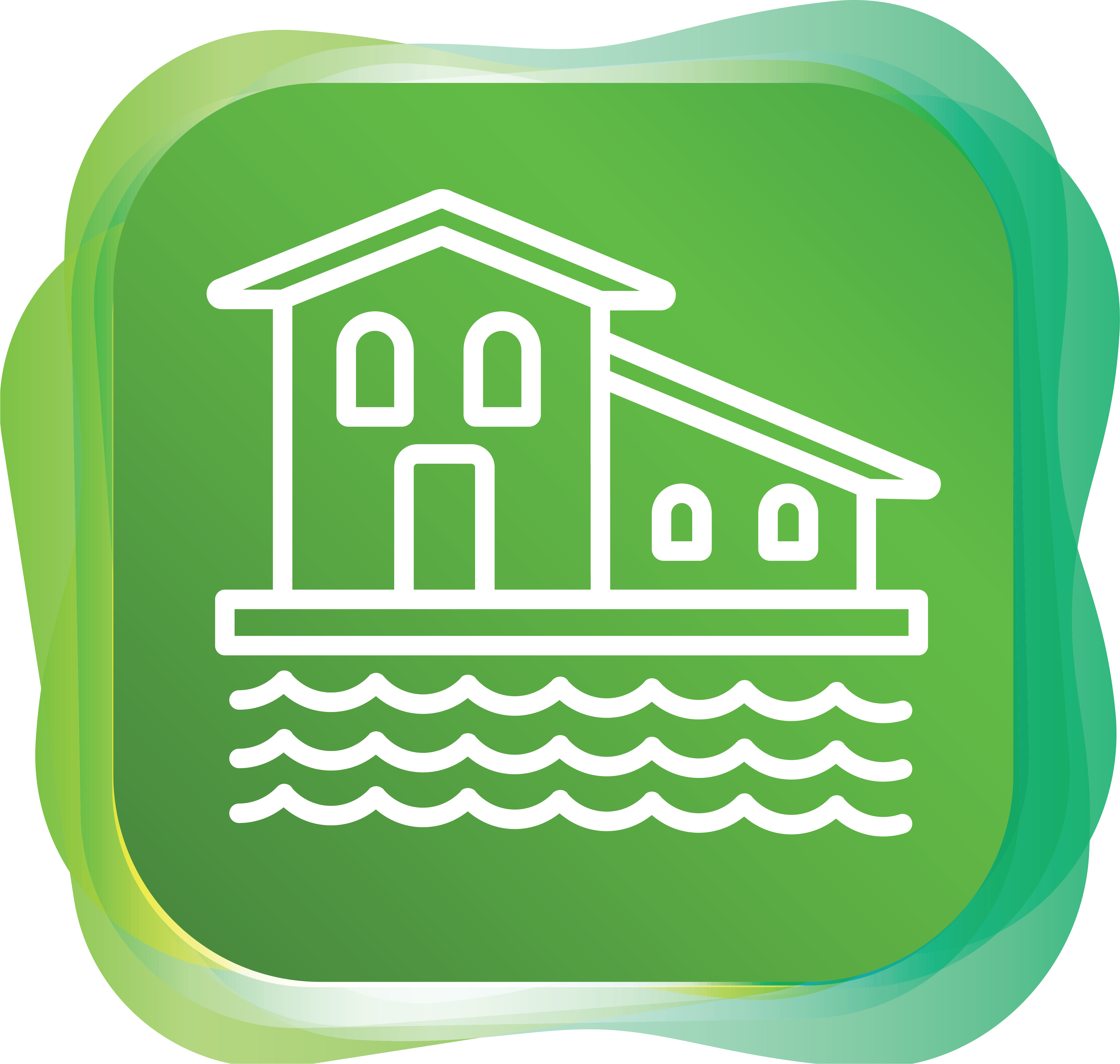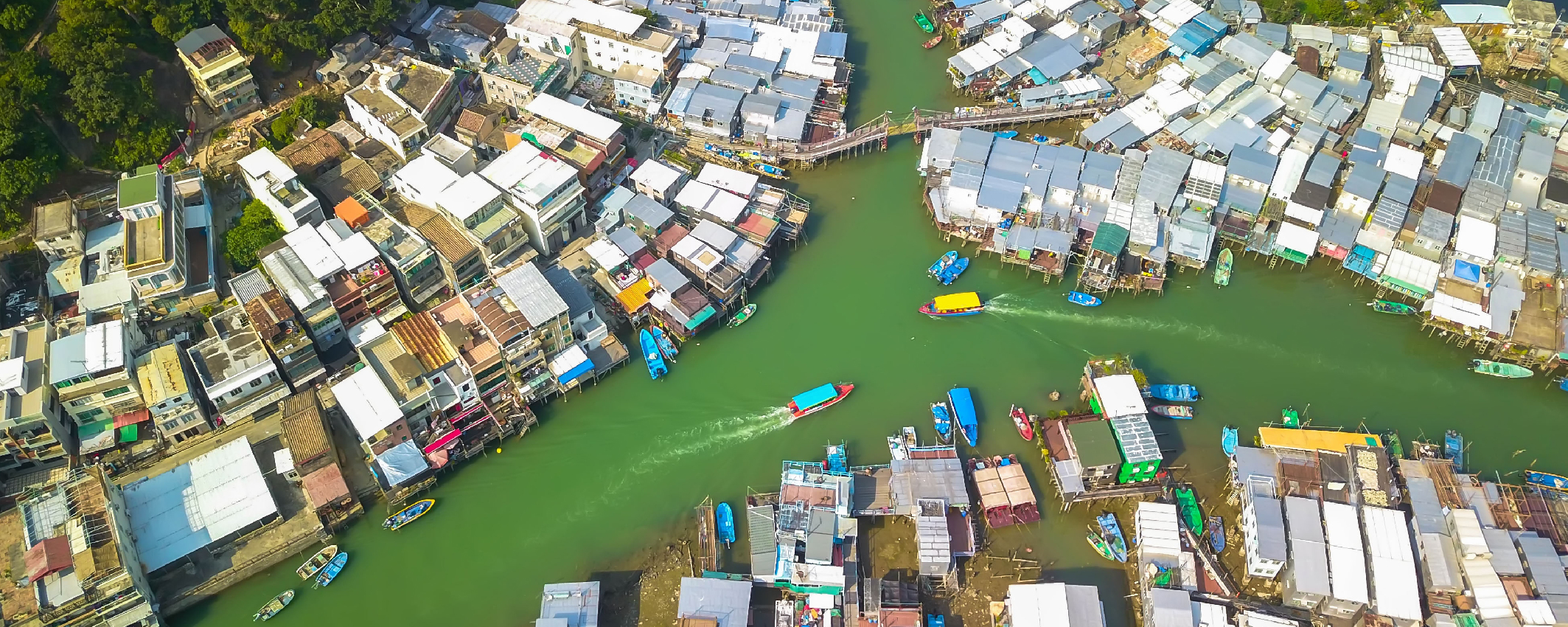 |
CCGL9080 Global IssuesSocieties on the WaterThis course is under the thematic cluster(s) of:
|
Course Description
Students will embark on an exploration of riverbanks, lake environments, coastal regions, and island communities, seeking to capture the myriad ways they access and inhabit these areas in the 21st century. Students’ exposure to the intricate relationships between water, land and humanity will also cover the importance of river and coastal societies for UN Sustainability Development Goals (SDGs) in urban settings, future climate advocacy (SDG 13), by the water (SDG 14) and on land (SDG 15).
In the growing wave of island and coastal studies, we will also consider how coastal societies offer important examples of behavioural and cultural evolution, with religious icons, cultural ideas, linguistic patterns, and stories told and retold, featuring connections to water. Students will learn how these regions serve as natural conduits for migration, fostering cultural exchanges, and the flourishing of innovation and social networks. These include the fishing First Nations and Inuit communities in northern Canada and Greenland, the societies living in the depths of the jungle along the Congo River, and even Hong Kong’s coasts and communities such as those in Mui Wo, Tai O, Lei Yue Mun, Aberdeen, and Sai Kung.

Course Learning Outcomes
On completing the course, students will be able to:
- Gain an understanding of how coastal societies have evolved over time, and developed rich cultural diversity in the ways in which they inhabit riverbanks, beaches and islands.
- Explain how riverrine, lacustrine and coastal societies from a variety of critical perspectives (philosophical, political, sociological, anthropological, ecological, geographical, historical).
- Share through public exhibition information about coastal communities, lifestyles and environments, through effective poster design and presentations.
- Learn the ethnographic skills of an anthropologist, so as to be able to apply theory to practice, and synthesize interview data into a formal report of their findings and observations.
Offer Semester and Day of Teaching
Second semester (Wed)
Study Load
| Activities | Number of hours |
| Lectures | 24 |
| Tutorials | 10 |
| Fieldwork / Visits | 12 |
| Reading / Self-study | 24 |
| Assessment: Interview report (incl interview) | 30 |
| Assessment: Group poster production and presentation | 32 |
| Total: | 132 |
Assessment: 100% coursework
| Assessment Tasks | Weighting |
| Participation in classroom activities | 10 |
| Interview report | 20 |
| Presentation | 20 |
| Poster presentation | 50 |
Required Reading
Selections from:
- Baldacchino, G. (Ed.). (2018). The Routledge International Handbook of Island Studies.
- Catsambis, A., Ford, B., & Hamilton, D. L. (Eds.). (2014). The Oxford Handbook of Maritime Archaeology.
- Cooper, M., Chakraborty, A., Chakraborty, S. (Eds.). (2017). Rivers and Society: Landscapes, Governance and Livelihoods.
- Ginoza, A. (Ed.). (2020). The Challenges of Island Studies.
Course Co-ordinator and Teacher(s)
| Course Co-ordinator | Contact |
| Dr M.B.C. Rivera Faculty of Social Sciences |
Tel: Email: mrivera@hku.hk |
| Teacher(s) | Contact |
| Dr M.B.C. Rivera Faculty of Social Sciences |
Tel: Email: mrivera@hku.hk |

